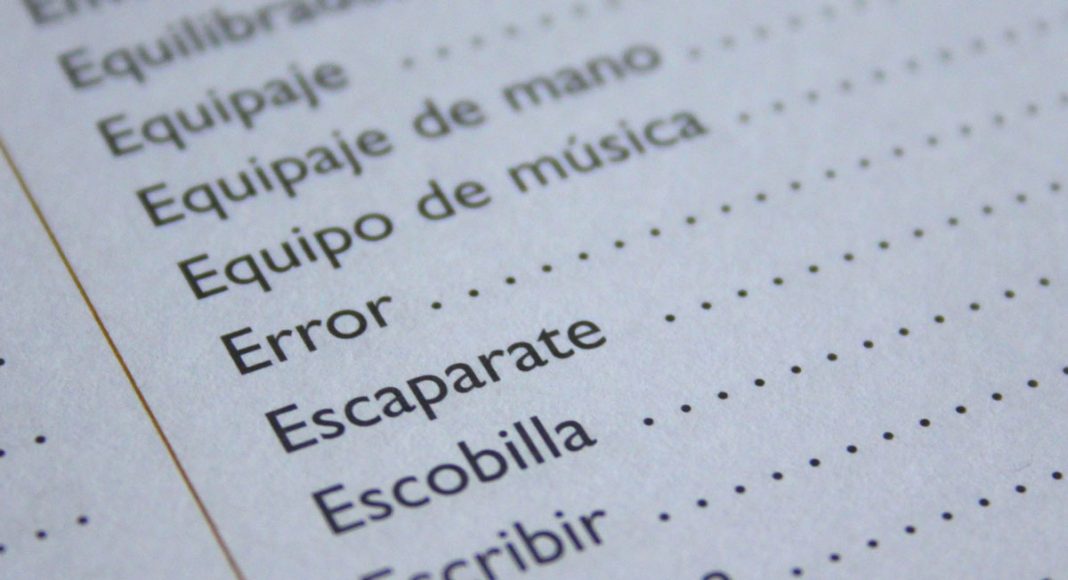Speaking a second language nowadays can be a huge perk in several aspects of your life. Bilinguals have it easier when it comes to finding a job, traveling to a different country, and even finding love. According to science, people who speak two languages have better problem solving skills, are better multi-taskers, and can make decisions with more ease.
So what do you do if you’re not a kid anymore and want to learn a new language without losing all your money in the meantime? It’s not easy, but it’s totally possible if you’re committed. Mashable compiled a set of tricks and tips that can help you achieve that second language, or that can at least help you learn a little bit of it.
Here are 5 of our favorites.
TV Is A Good Teacher
https://giphy.com/gifs/thecomebackhbo-hbo-comeback-the-5xaOcLBgHo167Z3CezK
Listening to a language is a really great tool when it comes to learning, and now with Netflix, you really have no excuse. By watching people talk fluently in another language, you’ll remember these words much more vividly than if you were just reading them.
-
Related Story: Finstagrams: Inside The New Social Trend
Try watching a foreign TV Show with English subtitles and really listening to the words that these people are saying. Before you know it, you’ll find words that are familiar and will have an idea of how they’re pronounced.
Don’t Stress Over The Rules Too Much
Grammar and syntax are important, but they can also be overwhelming when you’re trying to learn a different language from scratch. The best way to learn a new skill is through practice; languages are exactly the same. Try looking for meet-ups where people are practicing a different language and don’t be embarrassed to butcher some words up. Sooner or later, it’s bound to happen.
Trust The Apps
https://giphy.com/gifs/school-technology-bored-1IDqrFySO6y1a
If you’re willing to spend a little money there are tons of apps that can help you practice a new language. Rosetta Stone is famous for a reason, costing 7 dollars per month, and including over 24 language options.
-
Related Story: Facebook Is Not The Only Company Watching You
Babbel is cheaper, costing $5 a month, and it breaks down your language lessons into helpful 15 or 20 minute chunks. WaitSuite is another interesting, if a little eccentric, app that sends you translation flash cards whenever you’re waiting for your WiFi to connect.
Spaced Repetition Is Key
Spaced repetition is the learning technique where you review material at increasingly spaced out intervals so you improve your long-term retention. You can practice this technique by reviewing material every day instead of just cramming a ton of information and not reviewing it again for a really long time.
Find The Time To Study
https://giphy.com/gifs/youngertv-tv-land-tvland-3o7aD9XDWgEEsaIoog
-
Related Story: Google Is Redesigning Gmail: Here’s What To Expect
If you want to learn a language it’s very important that you’re consistent with it. Find small chunks of time to practice and set reminders on your calendars and weekly planners. You’ll see tons of improvement in your new vocabulary with a few sessions a week.


